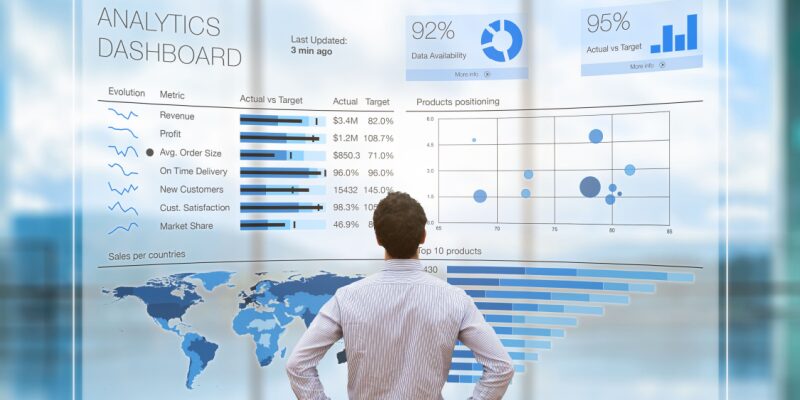Power BI offers various data security features to ensure the confidentiality, integrity, and availability of your data. Here are some key aspects of Power BI data security:
- Data encryption: Power BI uses industry-standard encryption techniques to protect data both in transit and at rest. Data is encrypted during transmission using SSL/TLS protocols, ensuring secure communication between Power BI and data sources. Data at rest is encrypted using Azure Storage Service Encryption.
- Azure Active Directory (AAD) integration: Power BI integrates with Azure Active Directory, allowing you to leverage its authentication and access control mechanisms. You can enforce multi-factor authentication (MFA) for added security and implement role-based access control (RBAC) to manage user permissions at a granular level.
- Row-level security (RLS): With RLS, you can restrict data access based on user roles or attributes. This allows you to control which rows of data users can see based on their assigned roles or context-specific attributes, ensuring that sensitive data remains accessible only to authorized individuals.
- Data classification and sensitivity labels: Power BI provides data classification and sensitivity labels to identify and protect sensitive information. You can label data based on its sensitivity level and define policies to govern its usage, such as preventing sharing or requiring additional authentication for sensitive data.
- Data loss prevention (DLP): Power BI supports Data Loss Prevention policies, which help prevent accidental or intentional data leaks. DLP policies can be configured to identify and block sensitive data from being shared externally or accessed by unauthorized users.
- Azure Private Link: Power BI supports Azure Private Link, allowing you to securely access Power BI through a private network connection. Private Link ensures that data does not traverse the public internet, enhancing security and reducing exposure to potential threats.
- Auditing and monitoring: Power BI provides auditing and monitoring capabilities to track user activities and changes to datasets, reports, and dashboards. Audit logs can be collected and analyzed to identify potential security issues or unauthorized access attempts.
- Compliance certifications: Power BI adheres to various compliance standards, such as GDPR, HIPAA, ISO 27001, SOC 1, and SOC 2. Compliance certifications ensure that Power BI meets stringent security and privacy requirements across different industries and regions.
It's important to note that while Power BI provides robust security features, ensuring data security also requires implementing appropriate security measures at the infrastructure, network, and user levels. It's recommended to follow best practices in data security, such as regularly patching and updating systems, using strong passwords, and educating users about data security and privacy protocols.






